Actuarial Analyst:
The followings are from the IFoA:
“Actuaries are problem solvers and strategic thinkers who use their mathematical skills to help measure the probability and risk of future events. Then, they use these skills to predict the financial impact of these events on a business and their clients.
Businesses and governments increasingly depend on the skills of actuaries and analysts to help them model and plan for the future. As the world changes at an increasingly rapid pace, risk management expertise can help businesses navigate this evolving landscape.”
Actuaries possess a unique mix of mathematical, analytical, communication and management skills. They apply their abilities to create social impact, inform high-level strategic decisions, and significantly impact legislation, businesses, and people’s lives.
Actuaries are creative, curious and adaptable; this learning mindset helps them succeed in the digital age. In addition, actuaries’ unique combination of technical skills and professional acumen ensures they will continue to make a difference, guarding against the impacts of future uncertainty.
Scientific Researcher:
The scientific researcher can be described in different ways in the fields of computer science, natural sciences, medical science, social science, and environmental science. Since we are discussing data and technology, so we will try to define in this direction.
The process by which scientists research various phenomena using systematic methods of collecting, preparing, processing, analysing, and interpreting data is called scientific research. The person who has gone by this pathway is known as a scientific researcher. Literally, when scientific researchers deal with data, they gather it to develop theories that explain these phenomena. More elaborately, scientific researchers construct hypotheses, collect data, and then interpret results to answer questions about their research topic(s). Research scientists typically have either master’s and/or doctorate degrees in their specific fields of investigation, such as Statistics, Mathematics, Computer Science, Physics, Biology, Biotechnology, Chemistry, Environmental Science, and Psychology. Most scientific researchers are positioned in the higher institute, followed by the public and big industry, but their positions and carried works are different.


